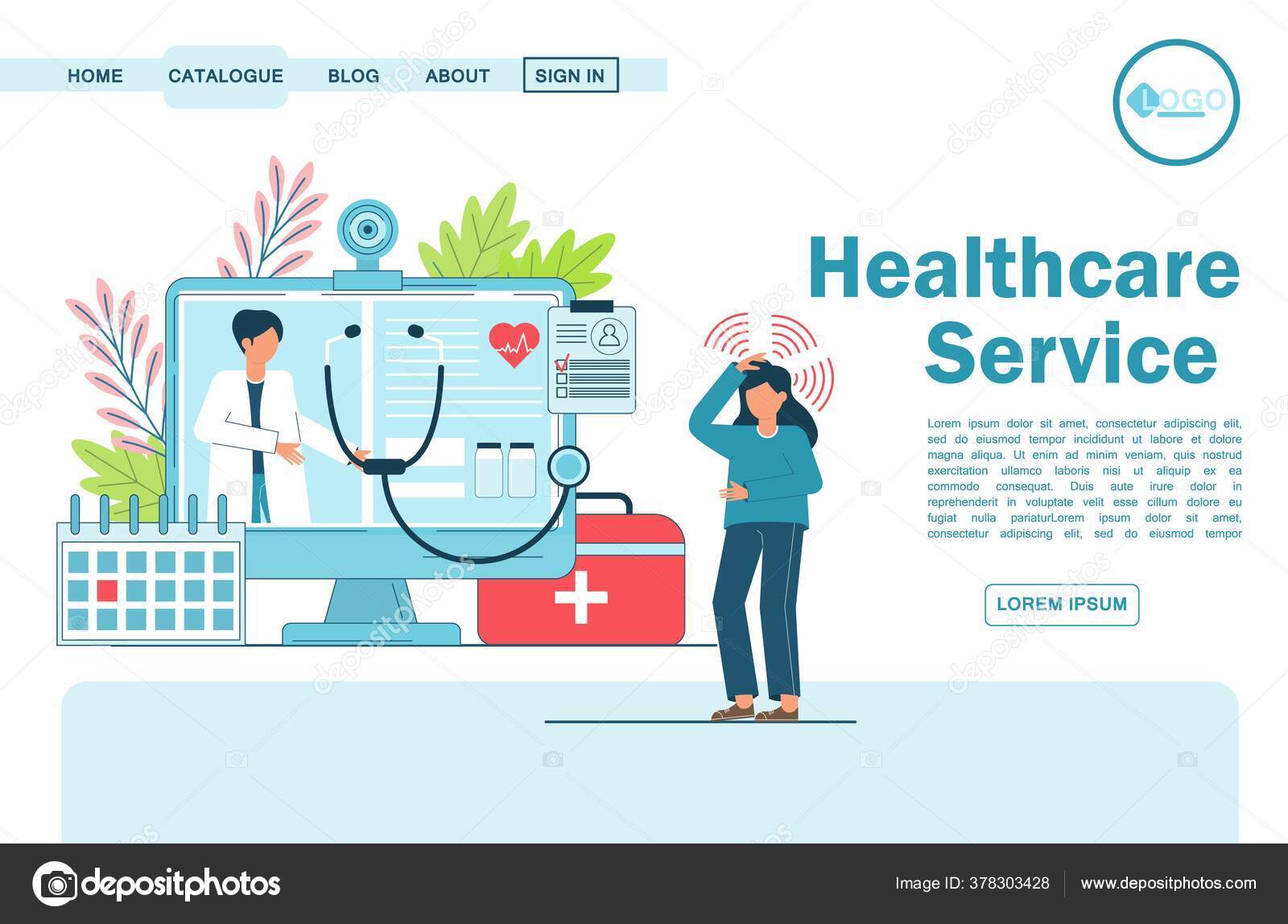The Influence of Subscription Based Healthcare on Conventional Medical Practices
Browsing the Future of Medicine With Subscription-Based Healthcare Provider
As the medical care sector develops, subscription-based services become a crucial design guaranteeing to reshape person treatment delivery. With the possible to use streamlined, cost-effective remedies with predictable rates and individualized attention, these solutions stand at the forefront of contemporary clinical advancement. As we consider their rise, one have to consider the effects of integrating such systems right into existing health care frameworks. What difficulties do they pose in regards to data safety and equitable gain access to, and how might they redefine the patient-provider connection? The solution to these concerns could essentially modify our method to medical care.
Surge of Subscription Health Care
As medical care systems all over the world face increasing stress from increasing costs and need for solutions, the advent of subscription-based health care versions has actually emerged as a transformative trend. This ingenious strategy is disrupting conventional health care distribution by offering a predictable, flat-rate repayment framework for clinical solutions. Rooted in the concepts of attendant medication, subscription-based medical care allows companies to concentrate on tailored patient care while simultaneously handling operational effectiveness.
The increase of this design can be credited to a number of aspects. Technical improvements have actually allowed a lot more seamless combination of care through telehealth and electronic wellness documents, promoting the scalability of registration solutions. Moreover, the enhancing consumer demand for openness and predictability in medical care costs has driven the shift in the direction of this version. Subscription-based services usually supply straight access to healthcare specialists, which can minimize the administrative burdens related to insurance policy claims and reimbursements (subscription based healthcare).
This version is acquiring grip among varied health care service providers, from health care medical professionals to specialized centers, by lining up economic rewards with continual and preventive treatment. By shifting the focus from quantity to value-based care, membership medical care has the potential to improve the landscape, cultivating a more lasting and patient-centered method to wellness management.
Benefits for Individuals

Additionally, subscription-based services typically highlight precautionary care, encouraging regular examinations and health and wellness screenings. This positive technique can cause very early detection of health and wellness problems, potentially improving outcomes and decreasing long-term healthcare costs for people. Furthermore, such versions typically supply clear rates, enabling clients to better understand their medical care expenditures and prevent unforeseen medical costs.
The personalized nature of subscription-based health care additionally enhances individual experience. People can get customized healthcare strategies that match their specific requirements, cultivating a more patient-centric technique.
Modern technology's Role in Improvement

Man-made intelligence (AI) plays a vital role in anticipating analytics, assisting in early diagnosis and customized therapy strategies. AI algorithms assess substantial datasets to identify patterns that may be neglected by human monitoring, therefore enhancing medical decision-making. Electronic wellness documents (EHRs) improve client details management, making sure continuity and comprehensibility of treatment across numerous solutions and suppliers.
Blockchain innovation enhances information safety and privacy, important for keeping client trust in electronic platforms. It makes it possible for secure and transparent transactions of clinical data, making sure that delicate information continues to be protected. With the combination of artificial intelligence and useful reference AI, blockchain can automate intricate healthcare procedures, reducing management worries.
Difficulties and Factors To Consider
While technology drives the capabilities of subscription-based health care solutions, it also introduces a collection of obstacles and considerations that need to be resolved to ensure successful execution. One significant difficulty is the fair access of these services. As membership designs usually rely upon digital systems, there is a threat of aggravating the digital divide, leaving behind individuals without web accessibility or electronic proficiency. Ensuring these solutions do not overmuch profit only tech-savvy and affluent populations is critical.
Information personal privacy and safety represent an additional essential consideration. Subscription-based solutions commonly entail the collection and storage of vast quantities of individual wellness info. Suppliers need to stick to rigid data protection regulations to keep person depend on and stop unauthorized access, which can bring about considerable ethical and legal effects.
Moreover, the sustainability of continue reading this membership models postures a difficulty. As healthcare needs develop, keeping a cost-efficient equilibrium between registration charges and service top quality is important to avoid person discontentment and attrition. Integrating these solutions within conventional medical care systems needs smooth interoperability between systems, which is frequently a facility and resource-intensive endeavor. Resolving these challenges is crucial as subscription-based healthcare solutions continue to expand and progress.
Future Ramifications for Medicine
Subscription-based medical care solutions are positioned to considerably influence the future landscape of medicine by reshaping exactly how care is accessed and provided. These designs provide the prospective to democratize healthcare access, offering patients with more personalized and timely treatments. By leveraging modern technology, such as telemedicine and information analytics, membership services can facilitate continuous surveillance and customized health and wellness administration, thus improving end results and lowering the problem on standard healthcare systems.
As these services gain grip, they might stimulate a change in the direction of preventative care, emphasizing the relevance of very early detection and monitoring of persistent conditions. This aggressive technique may ultimately lower health care costs by minimizing the requirement for expensive therapies occurring from late-stage disease administration. Registration models use a scalable service to resolve variations in medical care access, specifically in rural or underserved populations.
Nevertheless, the change towards subscription-based versions necessitates attending to regulatory and honest factors to consider, consisting of data personal privacy and fair access. As the market evolves, joint initiatives between policymakers, innovation developers, and health care service providers will be essential to establishing durable structures that safeguard individual passions while fostering advancement. Inevitably, these services promise to contribute substantially to an extra efficient, patient-centered healthcare environment.

Conclusion
Subscription-based health care solutions represent a considerable advancement in the medical field, supplying predictable costs and customized treatment that enhance ease of access and focus on preventative steps. Technological improvements, such as telemedicine and AI-driven straight from the source analytics, facilitate tailored client experiences, improving general health and wellness results. Difficulties such as information personal privacy and fair gain access to need to be resolved to make certain the prevalent advantages of these solutions. As the medical care landscape advances, registration versions are positioned to play a crucial role in shaping the future of medicine.
As the health care market evolves, subscription-based solutions arise as a critical model assuring to improve client care distribution.As health care systems around the world face raising stress from rising prices and need for services, the arrival of subscription-based health care models has actually emerged as a transformative trend (subscription based healthcare).With the surge of subscription-based health care versions improving conventional health care distribution, people are starting to experience significant advantages from this cutting-edge strategy. As health care requires progress, preserving an affordable equilibrium between registration charges and solution high quality is essential to avoid patient discontentment and attrition.Subscription-based healthcare services are positioned to considerably affect the future landscape of medicine by improving how care is accessed and supplied